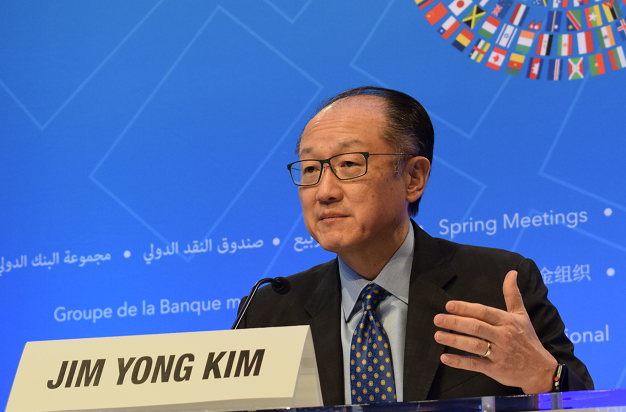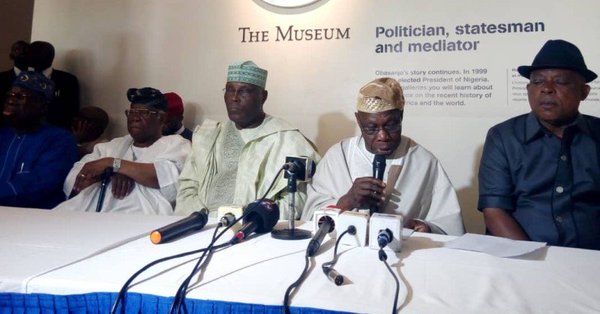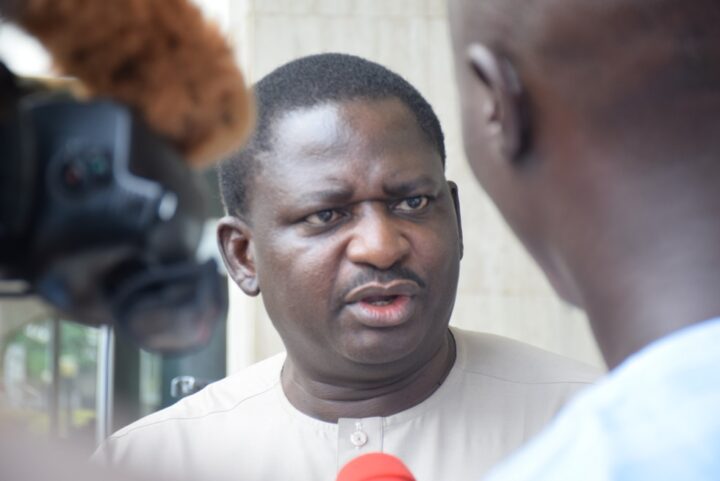
Jim Yong Kim, World Bank president, says the institution’s advice to countries, including Nigeria to invest hard infrastructure was a wrong approach.
Commenting on Nigeria’s ranking while unveiling the bank’s first-ever Human Capital Index, Kim said the bank is taking responsibility for its actions.
The index measures countries’ contribution of health and education to the productivity of the next generation of their workers.
Advertisement
Nigeria was ranked 152 out of 157 countries considered in the index.
“Many African countries are in the red zone. I think that the World Bank has to take some responsibility for having emphasized hard infrastructure, roads, rails, energy, for a long time,” he said.
“And you know, that changed about 20 years ago. But there has still been the bias that says ‘You know, we’ll invest in hard infrastructure and then when we grow rich, we’ll have enough money to invest in health and education’.
Advertisement
“We’re now saying that that’s really the wrong approach, that you’ve got to start investing in your people right now.”
He said Nigeria’s low ranking should be a loud and strong message to African leaders, especially Nigeria.
“Nigeria is one of the most important countries not only in Africa but in the world. And also we feel that it will be extremely important for Nigeria to really go on a different level altogether in terms of their commitment to investing in human capital.
“A child born today, in 20 years almost certainly many of the low-skill jobs today will be gone. And the requirement for this child to be able to learn throughout his or her entire life is simply going to get higher. The requirement, the needs are going to get higher.
Advertisement
“And so this is a very loud and strong message to Africa. Africa needs to invest more in health and education.
“The message here is that heads of state and ministers of finance have to take responsibility. There’s so much waiting for the grants to come. And what’s happened is in many African countries, if they don’t receive grant-based financing, they just simply don’t spend on health and education.”







